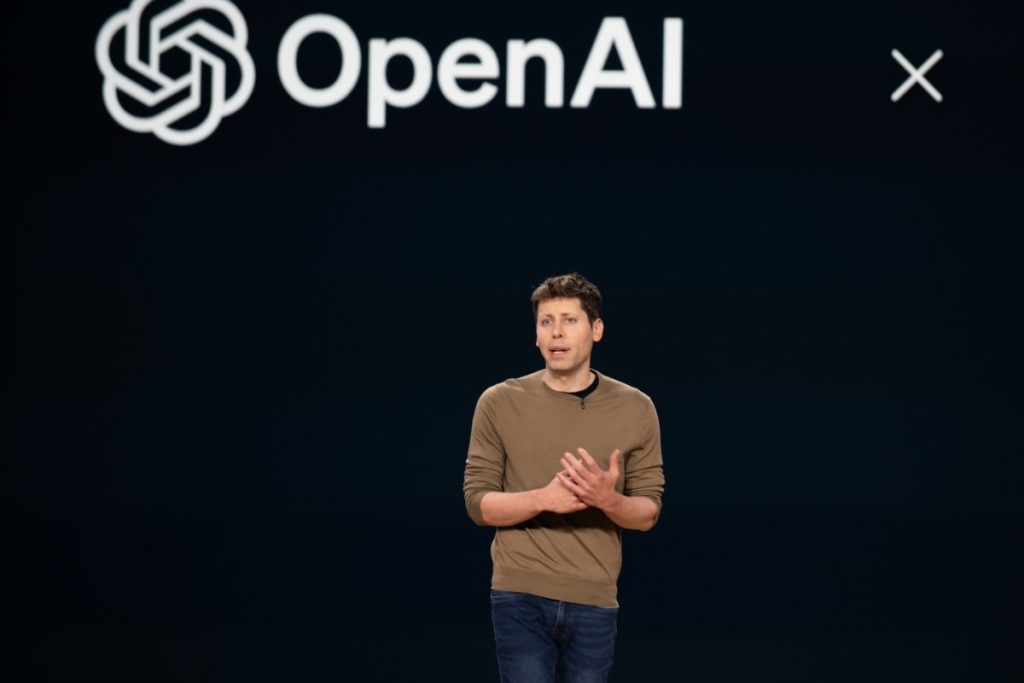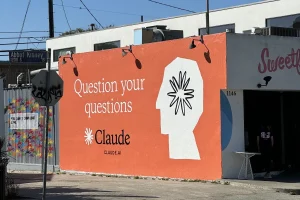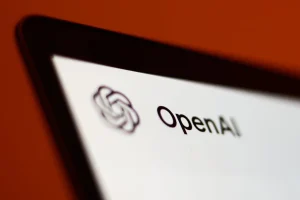Indian News Agency Challenges OpenAI Over Copyright Concerns

In a landmark legal battle, one of India’s biggest news agencies is taking bold steps against OpenAI. The agency alleges unauthorized use of its content for AI training. This case could redefine AI content usage. With global interest, the outcome holds implications for tech firms and copyright laws.
The lawsuit, filed in Delhi High Court, accuses OpenAI of using proprietary content without permission. It claims AI-generated false information attributed to the agency. Justice Amit Bansal has scheduled a comprehensive hearing. The legal battle signals growing tension between media and AI companies.
ANI’s concerns revolve around AI-generated misinformation impacting their credibility. The case highlights ongoing issues with AI models using copyrighted data. This dispute reflects wider tensions as AI technologies become more widespread. OpenAI faces similar lawsuits globally. The decision could influence AI policy worldwide.
The Onset of Legal Proceedings
Asian News International (ANI) has initiated legal action against OpenAI, marking a pioneering move in India. ANI, a dominant force in Indian news, asserts that OpenAI has utilized their news content without proper authorization. This dispute has the potential to reshape how AI models interact with copyrighted data, setting a precedent not only in India but globally.
ANI’s Allegations
The lawsuit accuses OpenAI of ignoring copyright protocols that safeguard news content. ANI points to specific instances where AI outputs have misrepresented facts, attributing them to ANI. The agency is adamant about preserving its reputation and ensuring that AI technologies respect intellectual property. Their legal strategy is backed by lawyer Sidhant Kumar.
OpenAI’s Defense
OpenAI has highlighted their commitment to ethical AI practices. They point to ongoing partnerships with news organizations worldwide, aiming for mutual benefits and transparency. This approach is part of OpenAI’s broader strategy to address copyright concerns while maintaining innovative progress in AI development.
The Broader Implications of the Case
As AI technologies evolve, legal systems must adapt to address new challenges. This case in India is a critical moment for the intersection of law and AI. The decisions made could guide future legislative frameworks and influence how AI and media companies collaborate in the digital age.
Judicial Process and Future Hearings
Future hearings will delve deeper into how AI models utilize publicly available data and the implications of such practices. The court’s analysis will be crucial in determining the boundaries of AI’s legal liabilities and how they intersect with copyright laws. These proceedings will be closely watched by stakeholders worldwide.
Global Attention and Industry Impact
The case also reflects broader societal concerns about AI’s role in information dissemination. It raises questions about the authenticity of AI-generated content and its impact on public discourse. As societies become more reliant on AI, ensuring the integrity of information remains a pressing issue.
OpenAI’s Response and Commitment
OpenAI continues to invest in research and development to improve AI models. Their goal is to support technological progress while adhering to legal standards. OpenAI’s dedication to ethical AI development sets a precedent for the industry, encouraging responsible innovation.
The Path Forward
As this case unfolds, it will serve as a benchmark for other similar disputes. The outcome could guide future interactions between AI technologies and content creators. Stakeholders are watching closely, hoping for a resolution that respects both technological progress and copyright integrity.
Industry Reactions
The outcome of this dispute might inspire other media organizations to pursue similar actions. It has empowered stakeholders to consider legal means to protect their content. AI developers are also paying attention, understanding the need for transparency and collaboration in technology usage.
This legal case against OpenAI signals a shift in how AI interacts with copyrighted content. The outcome could redefine industry standards. As ANI and OpenAI clash in court, their dispute underscores the need for ethical AI use. It highlights the evolving relationship between technology and media.





